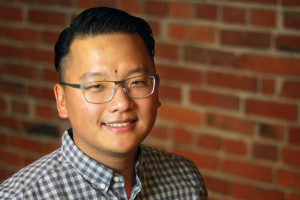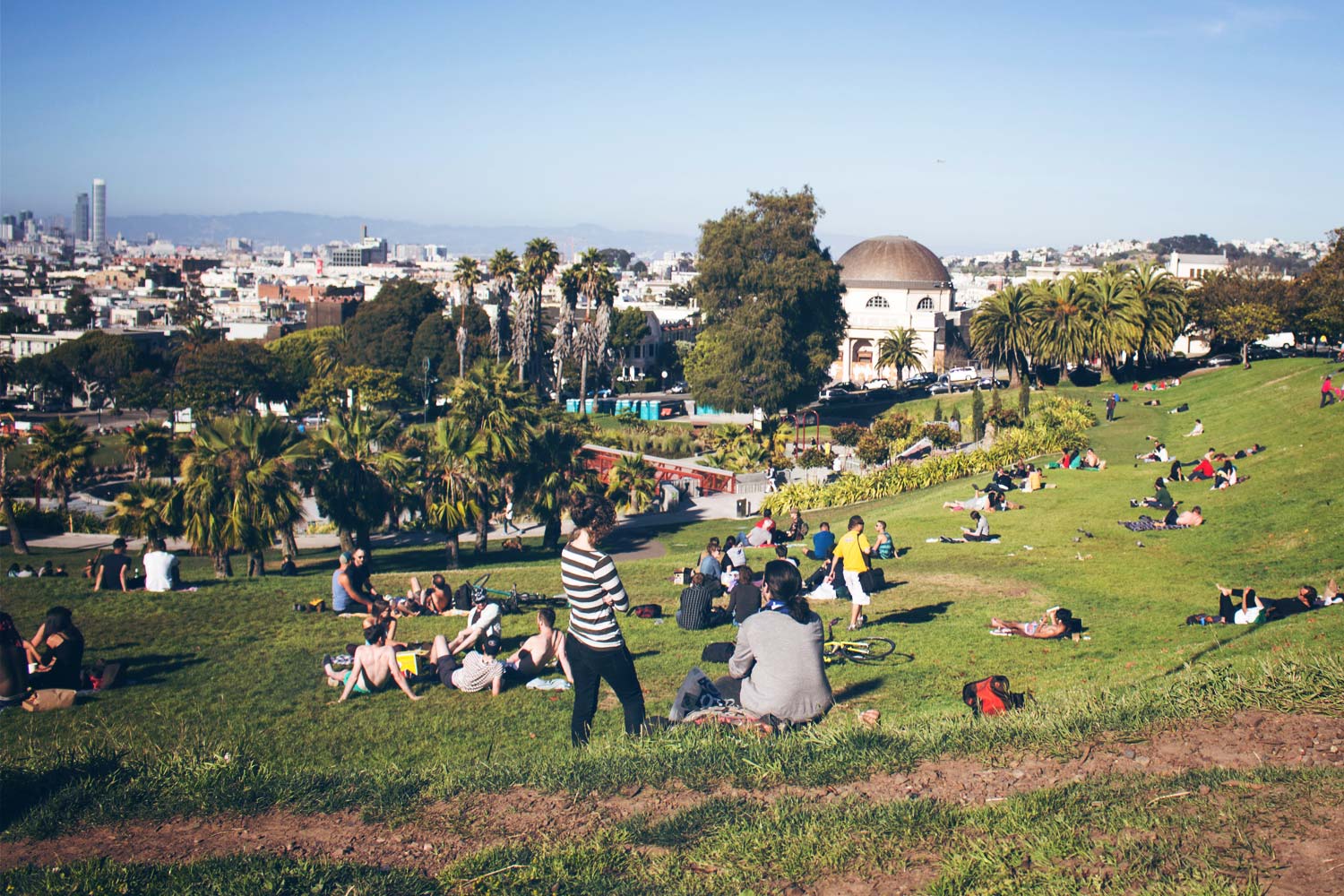On Saturday, January 14, The Seattle School is hosting Humanity Through Community, an all-day summit equipping educators, practitioners, advocates, and organizations to foster conversation, awareness, skill-building, and advocacy as we work toward living, working, and leading in culturally responsive ways. You can learn more about the event and register on our event calendar. Here, we talk with Richard Kim, Intercultural Credibility Coordinator & Consultant, about the heart behind this gathering.
First things first: what’s Humanity Through Community all about?
It started with a question: what does it mean to be human? As we expanded that question, it ultimately turned into, what does it mean to be human in a diverse, biased, and rapidly changing context? Rather than just focusing on diversity or justice or these big themes, we hope to invite people into an experience, a conversation, a dialogue around a core understanding of what this work is about—about community, about identity. Obviously justice is a part of it, but we want to focus the conversation on the person, the human, and on our capacity to engage the other.
So the hope is to gather leaders, pastors, practitioners in the field, people who are actively engaging value-driven work for social change, really wanting to foster a conversation about what it is that drives our work and what we are investing in. We hope to step into that conversation, fostering collaborative opportunities and a deeper network across sectors and industries, profit and nonprofit, drawing together people who might not know each other but are working toward the same goals. This is probably most evident in our breakout groups. We’re trying to gather a diverse group of folks, largely focused on a faith-based response: the ways we as Christians creatively seek to engage social issues in our communities.
What’s the history behind this event?
Humanity Through Community started in 2009 as an internal conference created to address our deficiency in understanding specifically race and identity and how it impacted the work we’re doing at The Seattle School. During that time when it was internal, we recognized a need to understand what lay behind race and identity, a need to develop a deeper understanding of culture. The internal growth and development of that idea, and the growing networks of connections and relationships we developed as an institution, really galvanized into this desire to clarify. It felt like a risk worth taking to invite people into this conversation, knowing it’s a problem we were never going to be able to solve on our own, knowing we as an institution are part of a complex, dynamic system that calls for a complex, dynamic response.
 How do you see it fitting into the larger mission of The Seattle School?
How do you see it fitting into the larger mission of The Seattle School?
We’re a praxis-oriented institution that has a particular value on relationships and relationality. That identity is something we can bring to the community at large, not just in terms of a teaching opportunity or a didactic way of inviting, but really as conversation partners. We have an opportunity as an academic institution to dive deep into these conversations and to offer that to the community as part of who we are. It’s part of wondering what it looks like to be The Seattle School, a part of the academy, in the midst of other nonprofits, community mental health, churches, artists, social organizations, civic organization, concerned citizens.
It’s important to acknowledge that this is not just a commitment or value that we have—it is part of this institution. This is core to who we are. Particularly in this post-election time, as the optics of the Obama era have been demystified and we’re now having to wrestle with our new identity as an American politic, the vision behind Humanity Through Community is something I hope we all believe in regardless of what other differing beliefs or ideals we hold. This isn’t about one side or the other; there’s this transcending work that goes beyond those categories, and it’s hopefully something that keeps us open to engaging anyone.
This year’s theme is the Myth of the Single Story. Can you tell us a bit about that?
We’re hoping to get at those underlying narratives that shape and form even the biases by which we engage the work we do. What we believe about the world, what we believe about what goodness looks like on a universal level is kind of this myth, not in a negative connotation, but it is this grand story.
The other side is understanding the myth on a personal level, that our biases—what we live, we value, and what we value becomes true—often become these internal unconscious biases that impact the way we engage our friends, our family, and even ourselves. So we’re looking at the myth on the intrapersonal side. Particularly in a rapidly changing culture and context, I think about the way that limits our capacity to recognize the fullness of humanity. Humanity exists in all walks, all colors, all shapes, all sizes, all locations around the world, and they all have their particular histories and experiences and narratives and myths of their own. Particularly in a diverse context, to singularize the story of humanity through one of those veins simply dismisses or destroys or ignores the varied histories and contexts that other people traverse.
We want to engage the collective and changing myth of the ‘we’ and the myth of ‘the other’ and how we identify each of those. Even allowing ourselves to consider new categories hints at the fragmentation of these fragile narratives we’ve strung together to tell ourselves who we are.
Humanity Through Community is on Saturday, January 14. We hope you’ll join us.

